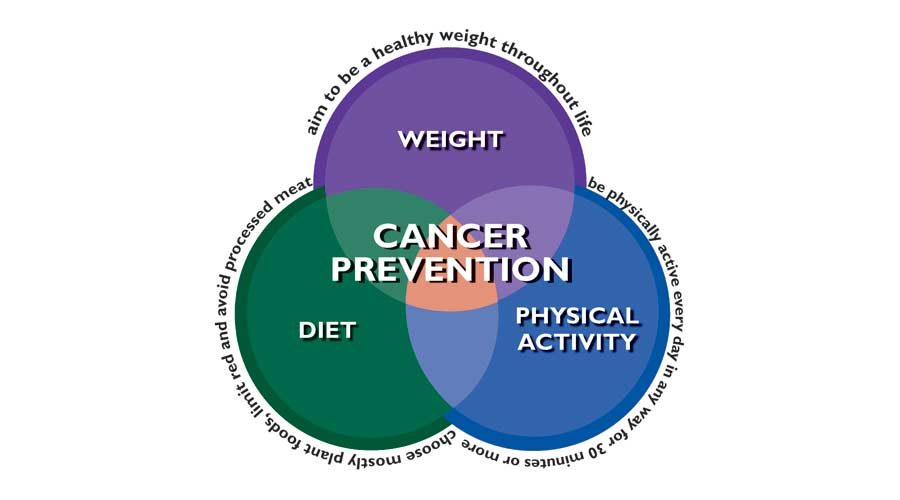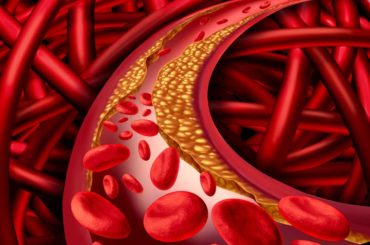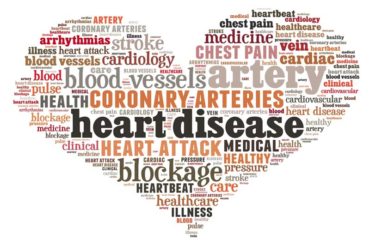Cancer prevention is action taken to lower the chance of getting cancer. This can include maintaining a healthy lifestyle, avoiding exposure to known cancer-causing substances, and taking medicines or vaccines that can prevent cancer from developing.
In 2014, about 1.6 million people will be diagnosed with cancer in the United States. In addition to the physical problems and emotional distress caused by cancer, the high costs of care are also a burden to patients, their families, and to the public. By preventing cancer, the number of new cases of cancer is lowered. Hopefully, this will reduce the burden of cancer and lower the number of deaths caused by cancer.
Cancer is not a single disease but a group of related diseases. Many things in our genes, our lifestyle, and the environment around us may increase or decrease our risk of getting cancer.
Scientists are studying many different ways to help prevent cancer, including the following:
- Ways to avoid or control things known to cause cancer.
- Changes in diet and lifestyle.
- Finding precancerous conditions early. Precancerous conditions are conditions that may become cancer.
- Chemoprevention (medicines to treat a precancerous condition or to keep cancer from starting).
Risk Factors
It is usually not possible to know exactly why one person develops cancer and another doesn’t. But research has shown that certain factors, called risk factors, may increase a person’s chances. Although some of these risk factors—like growing older—cannot be avoided, others—like using tobacco—can be.
Genetics
Cancer results from changes to genes that control the way cells grow and divide. A small number of cancers are caused by inherited genetic changes, but most cancer-causing changes occur during a person’s life. Genetic testing is available for possible inherited mutations as well as for alterations that are found in tumors themselves.
Source: National Cancer Institute






